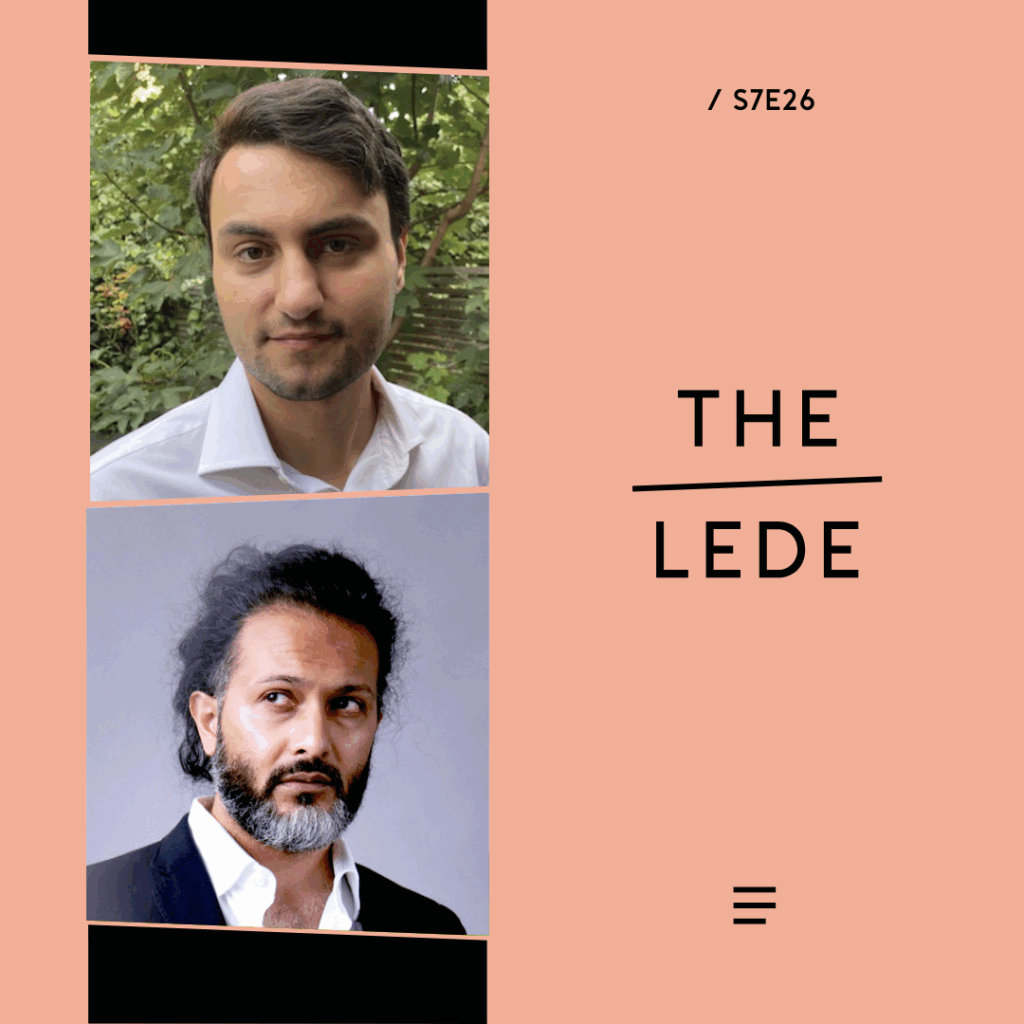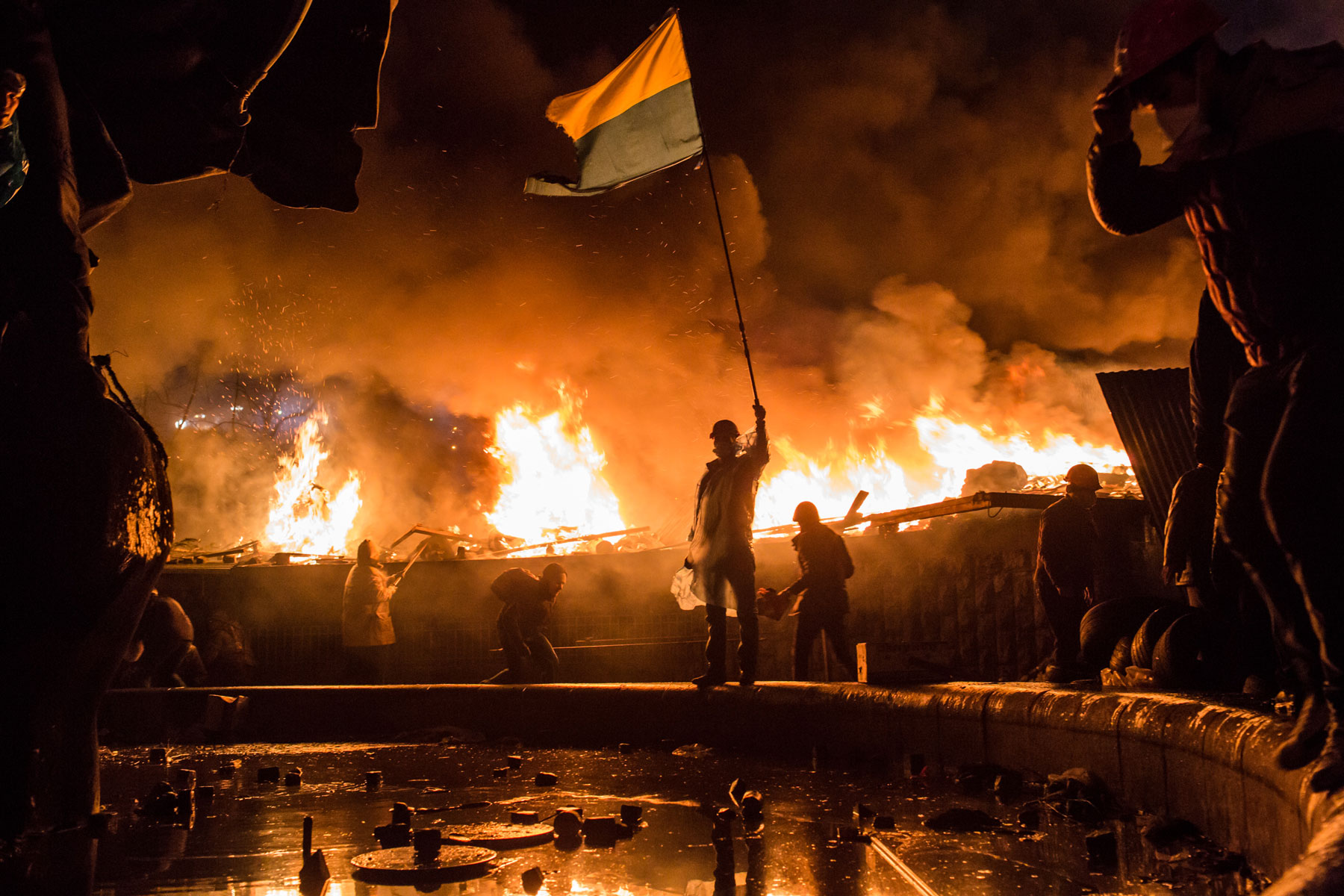Hosted by Faisal Al Yafai
Featuring Luka Ivan Jukić
Produced by Finbar Anderson
Listen to and follow The Lede
Apple Podcasts | Spotify | Podbean
The notion of a Central European identity is not one that has always existed, historian Luka Ivan Jukić tells New Lines’ Faisal Al Yafai on The Lede. “When we’re talking about historical Central Europe, actually we’re talking about a time when I would say Central European identity as such didn’t really exist,” says the author of the newly published book “Central Europe: The Death of a Civilization and the Life of an Idea.”
“We’re not really talking about people who were walking around thinking of themselves as Central European in the way that many intellectuals during the Cold War and after did,” Jukić adds.
“The tragedy of Central Europe is that these countries are doomed to be a kind of frontier, doomed to be invaded, doomed to not have fate in their own hands.”

The modern debate around what Central Europe is, particularly in the English-speaking world, was sparked by a 1984 essay, “The Tragedy of Central Europe,” written by the celebrated Czech novelist Milan Kundera. That essay “sparked this huge debate,” Jukić says. Kundera created “this narrative of these fundamentally Western countries in opposition to Russia, which he claimed was not at all European, it was this distant, strange thing.”
Defining themselves as Central European stands in contrast to many of these states’ lack of agency in their own future, trapped between superpowers, Jukić says. “The tragedy of Central Europe is that these countries are doomed to be a kind of frontier, doomed to be invaded, doomed to not have fate in their own hands.”
Central Europe is defined as much by a reaction to the East as any commitment to the West, argues Jukić. In countries like Poland, Croatia or Hungary, for example, “if you call their countries Eastern European, they’ll immediately snap back and say, ‘No, no, no. We’re Central European.’ Because to them now, maybe it’s not something they’re thinking about day to day, but it is absolutely where they place their country. That stigma of Eastern Europe has never gone away to this day.”
Many of today’s Central European leaders are forging a new identity that doesn’t fit easily in either the pro-Western or pro-Russian camps, Jukić says. Hungary’s Prime Minister Viktor Orbán, for example, is “the most Russophile when it comes to the war in Ukraine, but also the most aggressive in trying to court American conservatives,” he notes. “It’s this very strange balancing act.”


